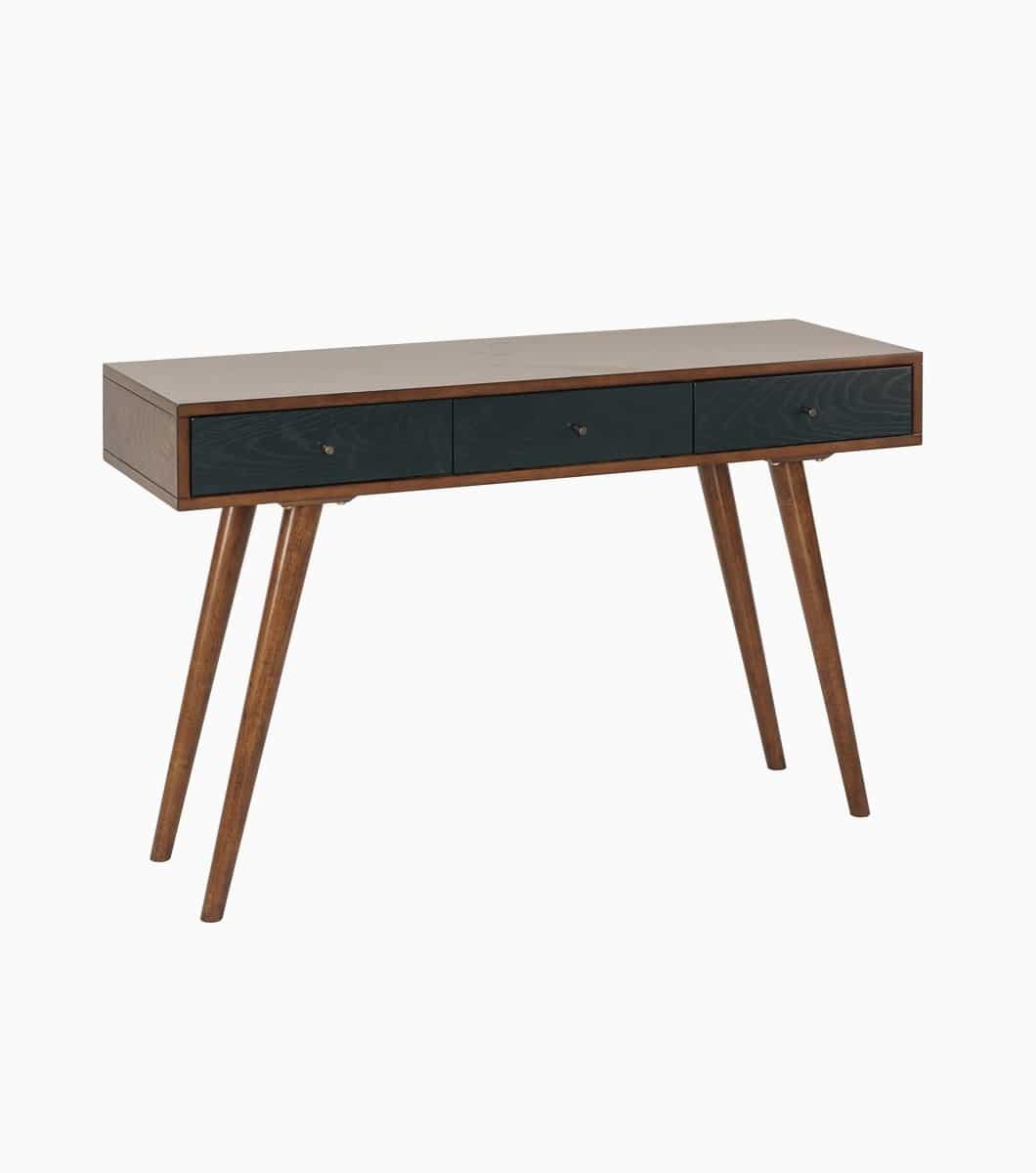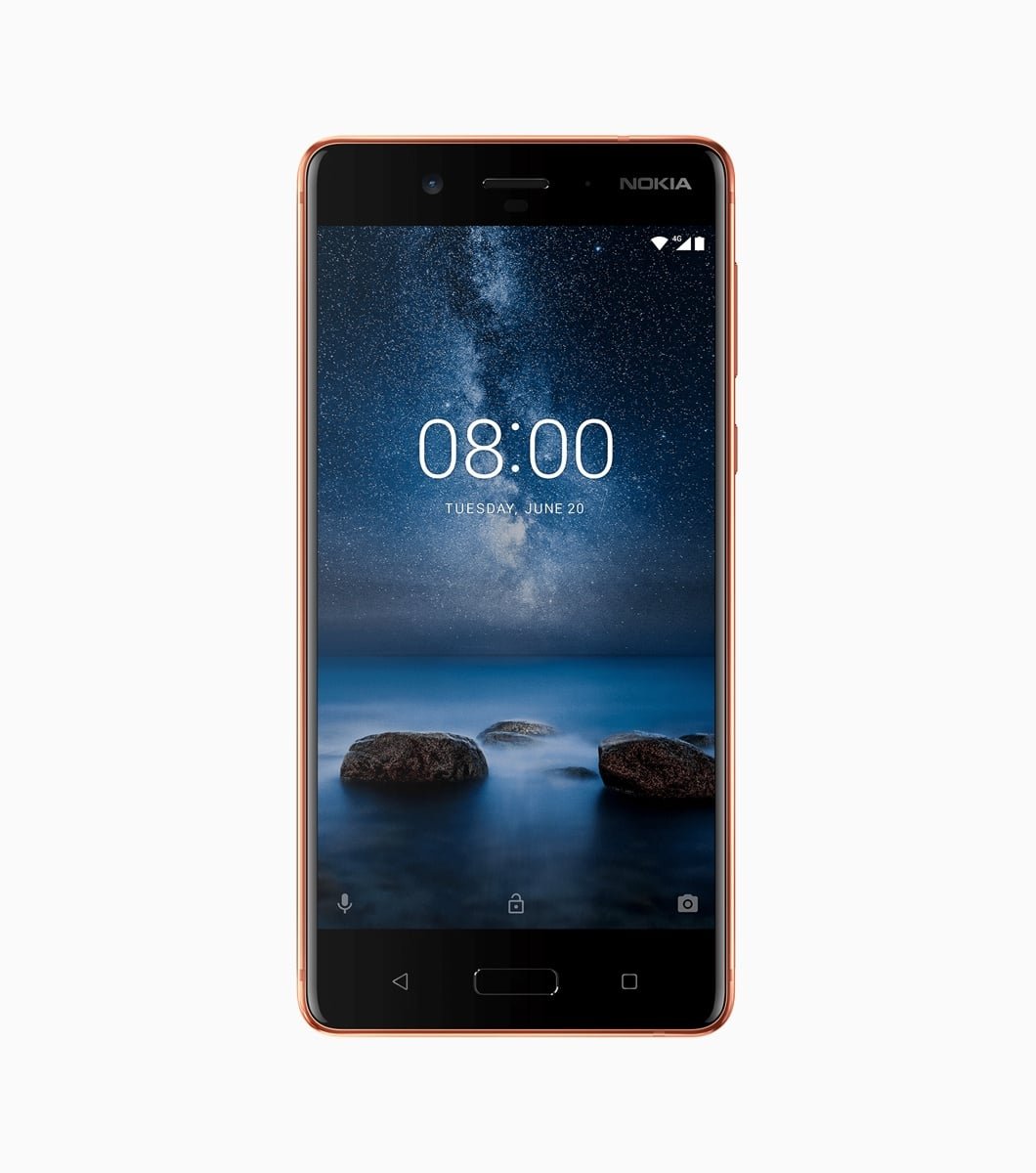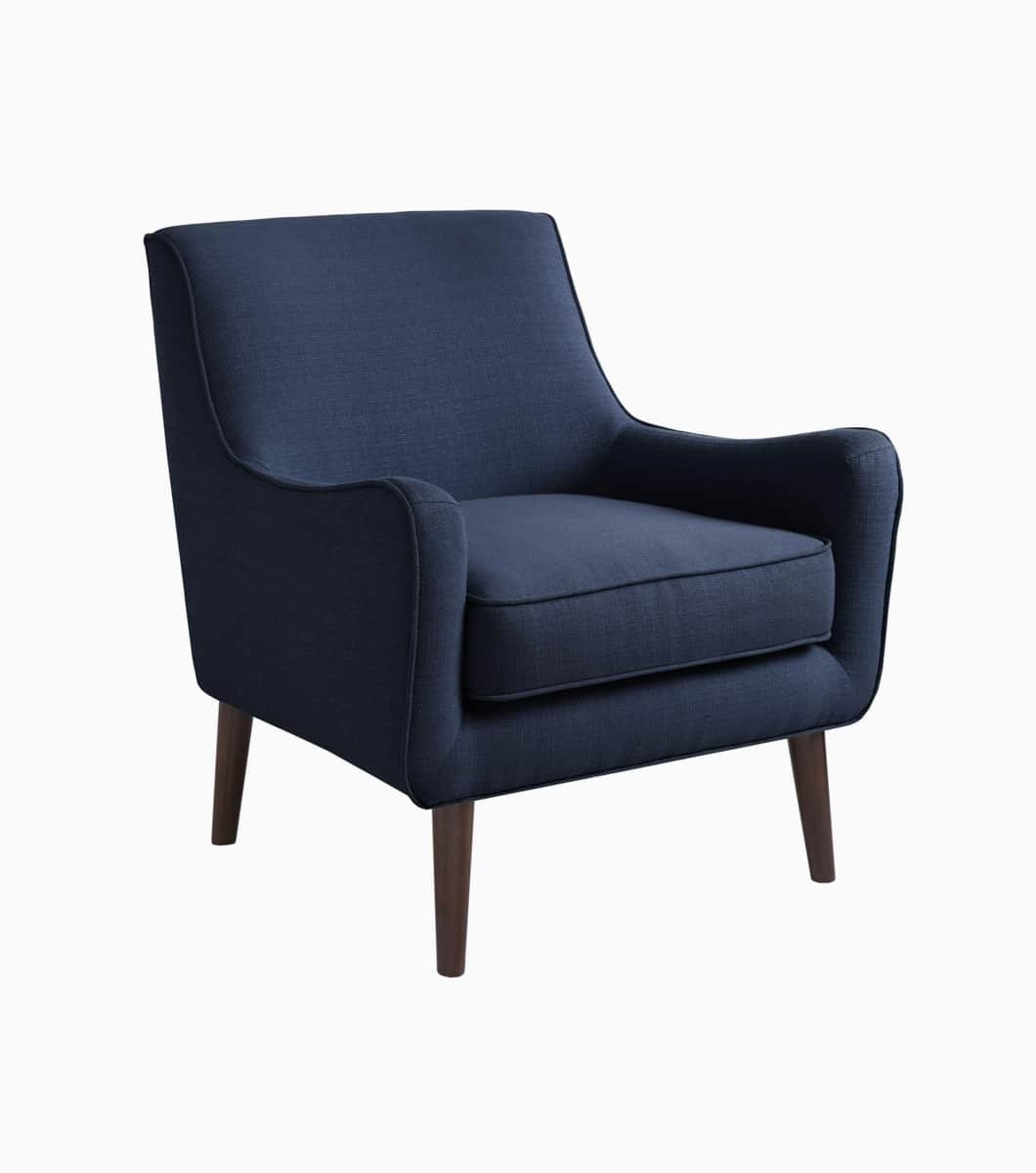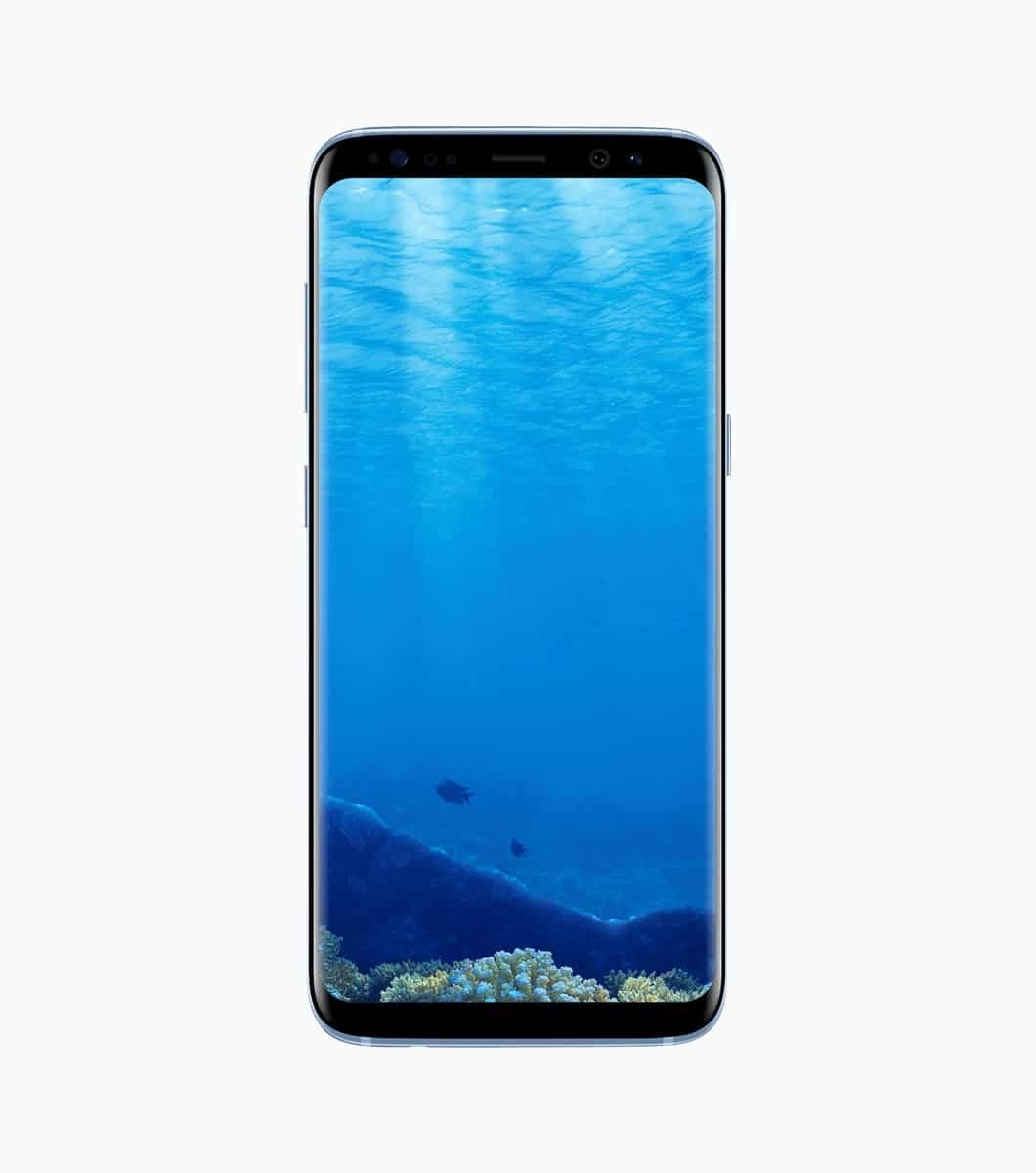The Concept of Exclusivity in Retail
Exclusivity in retail is a powerful strategic tool that significantly influences consumer behavior. It plays on the psychology of desire, where the notion of limited availability intensifies the perceived value of products. Shoppers are often drawn to exclusive offerings, compelled by the fear of missing out (FOMO). This emotional response fosters a sense of urgency that prompts immediate purchase decisions, making exclusivity a cornerstone of successful retail strategies. The allure of unique, curated products differentiates only-stores from traditional retailers, creating a shopping experience that is not merely transactional but also emotionally engaging.
Exclusive brands frequently develop a distinctive brand identity that is integral to their marketing strategy. For instance, high-fashion retailers and boutique brands emphasize limited collections that appeal to the desire for individuality among consumers. This exclusivity often results in a loyal customer base willing to pay a premium for products that reflect their identity and aspirations. By offering curated selections rather than mass-produced items, only-stores enhance the feeling of uniqueness, resulting in higher customer satisfaction and repeat visits.
Immersive shopping environments further amplify this exclusivity. Many successful only-stores invest in creating unique experiences that resonate with their customers’ lifestyles. Take, for example, the concept stores that not only sell products but also host art installations and cultural events. These venues elevate shopping to a multifaceted experience, encouraging return visits and customer engagement far beyond a typical retail encounter. The integration of storytelling with product offerings helps forge deeper emotional connections between the brand and its consumers.
Case studies of successful exclusive retailers illustrate these concepts beautifully. Brands like Apple and high-end fashion labels have mastered the art of exclusivity, driving strong loyalty and significant sales through carefully curated experiences. In conclusion, the significance of exclusivity in retail lies in its ability to captivate consumers, making the shopping journey not just about acquiring products, but about fulfilling deeper psychological needs.
Challenges and Opportunities for Only-Stores
The concept of only-stores has captured the attention of retailers and consumers alike, presenting a unique set of challenges and opportunities within the retail landscape. One significant challenge that these exclusive retail outlets face is maintaining adequate inventory levels. Due to their focused niche offerings, only-stores must ensure they strike the right balance between supply and demand. Overstocking can lead to increased operational costs and waste, while understocking might result in lost sales and dissatisfied customers. Therefore, effective inventory management systems become crucial for success.
Another challenge faced by only-stores is the risk of becoming too niche. While exclusivity can attract a loyal customer base, it may also inadvertently alienate potential buyers who do not identify with a particular product or branding concept. In such cases, broadening the product range or exploring collaborations with complementary brands can help mitigate this risk and encourage a more extensive customer reach without losing the store’s distinct appeal.
Moreover, the rise of e-commerce presents a formidable challenge to physical retail spaces, including only-stores. Internet-based competitors can offer unparalleled convenience, pricing advantages, and an easier path to reaching a global audience. However, this also unveils substantial opportunities for only-stores to differentiate themselves through customer experiences that transcend online shopping. By creating unique in-store events, personalized services, and fostering a sense of community among shoppers, these exclusive retailers can cultivate deep-rooted customer loyalty.
Additionally, the strategic use of social media marketing provides only-stores with an avenue to reach targeted audiences effectively. By showcasing distinctive products and building an authentic narrative around the brand, retailers can engage consumers in a meaningful way. As the retail environment evolves, only-stores that adeptly navigate their challenges while capitalizing on their unique advantages will be well-positioned for future success.

























